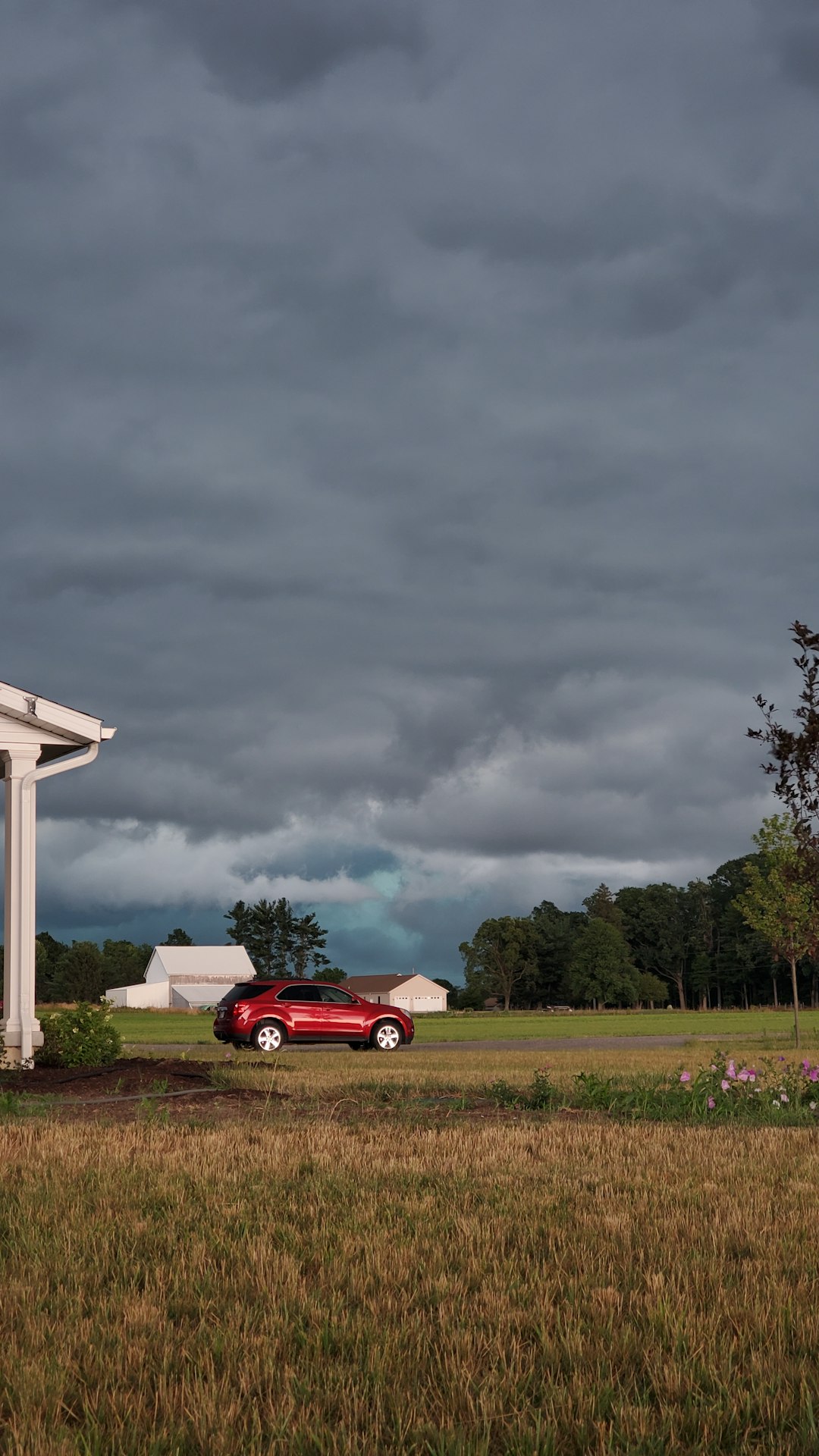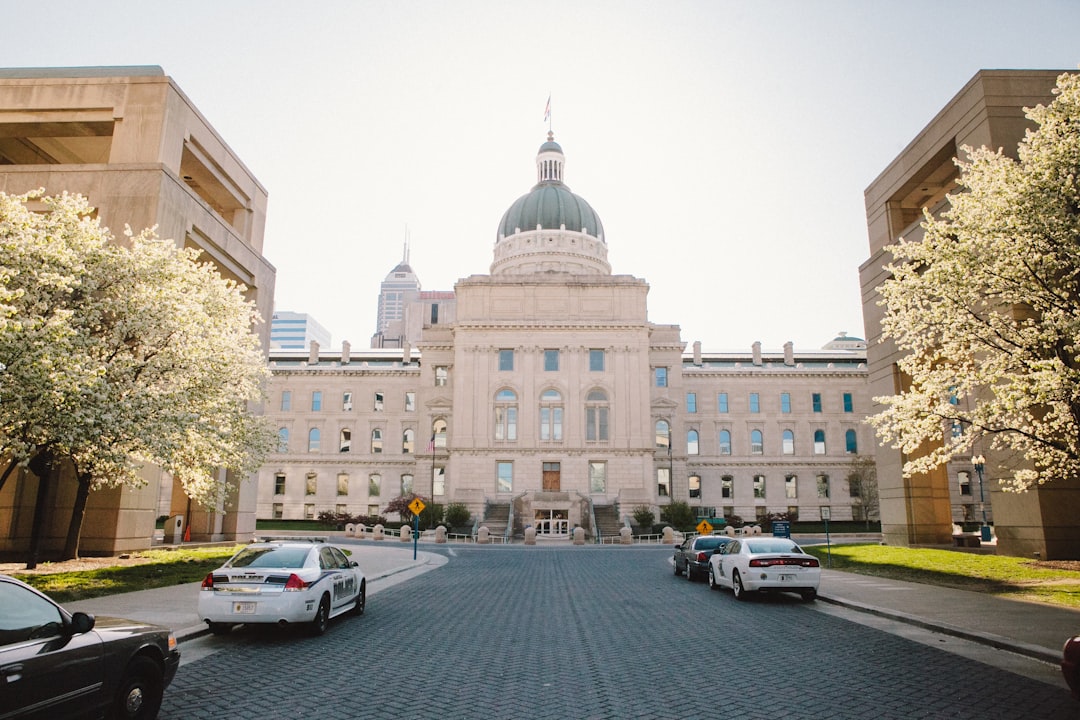Sexual assault survivors in Indiana benefit from a supportive ecosystem that combines legal aid from specialized attorneys with emotional healing through various support groups. These groups, often led by trained professionals including sexual assault attorneys who are also counselors, offer safe spaces for sharing experiences, trauma processing, and community building. By providing tailored coping strategies, ongoing support, and access to resources, these Indiana support groups play a crucial role in the long-term well-being of survivors, complementing legal efforts initiated by sexual assault attorneys Indiana.
In Indiana, support groups for sexual assault survivors play a vital role in fostering healing and community. Given the sensitive nature of sexual violence, these groups offer safe spaces for individuals to share experiences, gain empowerment, and access crucial resources. This article delves into the growing need for such support networks, highlighting the critical connection between sexual assault attorneys and these groups. We explore various types available across Indiana, provide a roadmap for accessing them, and underscore their profound impact on survivors’ journeys towards healing. Understanding the role of sexual assault attorneys in connecting survivors to these vital resources is key to enhancing support for those affected by sexual violence.
Understanding the Need for Support Groups in Indiana

In Indiana, the need for support groups for sexual assault survivors is profound and often overlooked. Beyond legal redress sought through sexual assault attorneys in Indiana, emotional healing requires specialized and safe spaces where individuals can share their experiences, process trauma, and find solace. Support groups fulfill a critical role by providing a sense of community, reducing feelings of isolation, and empowering survivors with coping strategies tailored to their unique struggles.
These groups foster an environment free from judgment, allowing participants to connect with peers who understand their pain. By offering ongoing support, education on healing processes, and access to resources, support groups play a vital role in the long-term well-being of sexual assault survivors in Indiana, complementing efforts initiated through legal channels.
The Role of Sexual Assault Attorneys and Their Connection to Support Groups

Sexual assault attorneys in Indiana play a crucial role in supporting survivors by providing legal guidance and advocacy. They help victims navigate complex systems, ensuring they receive the justice and support they deserve. These attorneys often collaborate closely with local support groups, acting as a bridge between the legal process and emotional healing.
By connecting survivors to appropriate resources, including counseling services and peer support networks, sexual assault attorneys can enhance the overall well-being of their clients. This collaborative approach recognizes the importance of holistic care, where legal representation is intertwined with nurturing environments that foster recovery for Indiana’s sexual assault survivors.
Types of Support Groups Available for Survivors in Indiana

In Indiana, survivors of sexual assault have access to a range of support groups tailored to meet their specific needs. These groups are led by trained professionals and offer a safe space for individuals to share their experiences, process emotions, and connect with others who understand their struggles. One common type is therapy groups, where survivors can engage in individual or group therapy sessions with licensed therapists specializing in trauma recovery. These groups provide a supportive environment to work through the emotional aftermath of an assault, often facilitated by sexual assault attorneys Indiana who are also trained counselors.
Another option includes peer support groups, composed entirely of survivors who share their stories and offer comfort and encouragement to one another. These groups foster a sense of community and understanding among individuals who have gone through similar experiences. Additionally, there are specialized groups for specific demographics, such as survivors of childhood sexual abuse or those from diverse cultural backgrounds, ensuring that every survivor finds a space where they feel seen and heard.
How to Access and Join These Groups

Support groups offer a safe space for survivors to connect, share experiences, and heal together. In Indiana, several organizations facilitate these groups, many of which are free and confidential. To access these services, individuals can start by reaching out to local sexual assault service providers or non-profit organizations dedicated to victim advocacy. Websites and hotlines operated by sexual assault attorneys in Indiana often provide valuable resources and information on available support networks.
Joining a support group is typically a simple process. Interested individuals can contact the organizers directly, who will guide them through the enrollment procedure. Some groups may have specific criteria or requirements, such as attendance at an initial orientation session. However, most prioritize inclusion and welcome survivors from all backgrounds. Confidentiality is paramount, ensuring that participants feel secure sharing their stories without fear of judgment or repercussions.
The Impact and Benefits of Participating in a Survivor Support Network

Participating in a survivor support network can be immensely beneficial for individuals who have experienced sexual assault. These groups provide a safe and supportive environment where survivors can share their stories, connect with others who understand their journey, and gain valuable coping strategies. The impact of such networks is profound; they offer emotional healing, enhance resilience, and empower survivors to rebuild their lives.
In Indiana, where sexual assault attorneys play a crucial role in legal proceedings, support groups bridge the gap between justice and healing. They foster a sense of community among survivors, enabling them to navigate the challenges ahead together. Through peer support, educational workshops, and confidential discussions, these networks ensure that survivors are not alone in their fight for justice and recovery.






